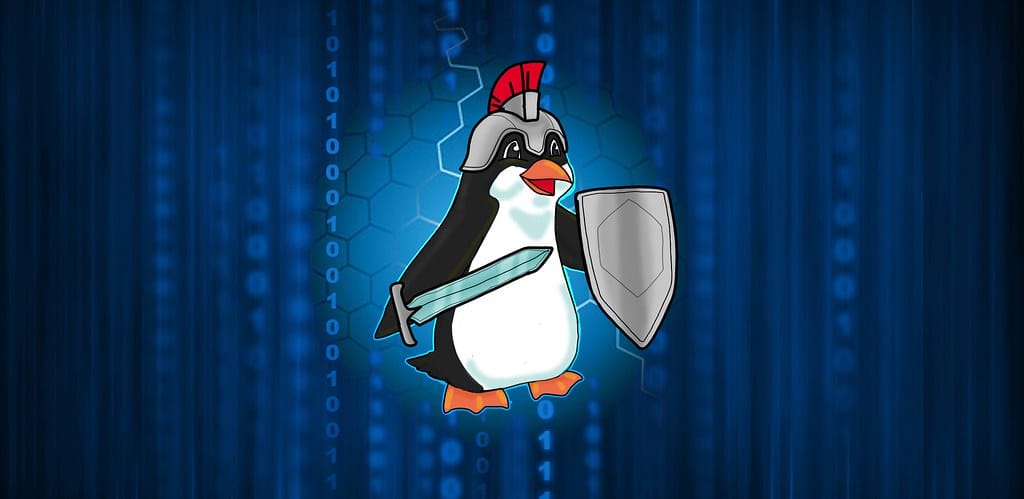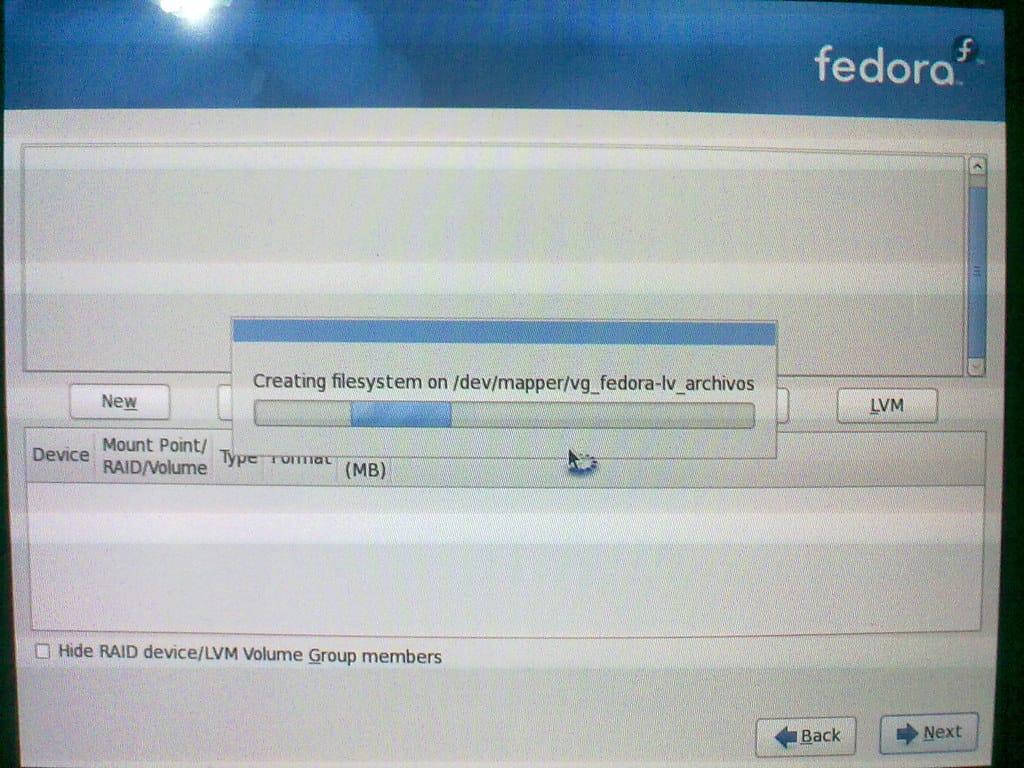Critical Sudo Vulnerabilities Expose Linux Systems to Privilege Escalation Attacks
Two newly discovered vulnerabilities in Sudo, one of Linux's most fundamental security tools, have prompted urgent security patches across major distributions. The flaws, tracked as CVE-2024-6387 and CVE-2024-6409, could allow attackers to gain root privileges on affected systems, potentially compromising millions of Linux servers worldwide.
What is Sudo and Why These Vulnerabilities Matter
Sudo (short for "substitute user do") is a cornerstone of Linux security, allowing authorized users to execute commands with elevated privileges. It's installed by default on virtually every Linux distribution and is used countless times daily by system administrators and developers worldwide.
The discovery of these vulnerabilities is particularly significant because Sudo handles the critical transition between user and root privileges. Any flaw in this process can completely undermine a system's security model, making these findings a high-priority concern for organizations running Linux infrastructure.
The Vulnerabilities Explained
CVE-2024-6387: Buffer Overflow in Command Parsing
The first vulnerability stems from improper bounds checking when Sudo processes command arguments. Attackers can exploit this by crafting specially designed command strings that overflow internal buffers, potentially allowing arbitrary code execution with root privileges.
Security researchers demonstrated that this flaw affects Sudo versions 1.9.12 through 1.9.15, encompassing installations across Ubuntu 22.04 LTS, Red Hat Enterprise Linux 9, and other recent distributions. The vulnerability requires local access to exploit, but given that many systems have multiple user accounts or services that could be compromised, the risk remains substantial.
CVE-2024-6409: Time-of-Check to Time-of-Use (TOCTOU) Race Condition
The second vulnerability involves a race condition in Sudo's file handling mechanisms. During the brief window between when Sudo checks file permissions and when it executes commands, attackers can potentially substitute malicious files, leading to unintended privilege escalation.
This TOCTOU flaw is particularly concerning in multi-user environments where file system operations occur frequently. Successful exploitation could allow standard users to execute commands as root without proper authorization.
Industry Response and Patch Deployment
The Sudo development team responded swiftly to these discoveries, releasing version 1.9.16 within days of the vulnerability disclosure. Major Linux distributions have already begun rolling out patches:
- Ubuntu released security updates for all supported versions within 48 hours
- Red Hat issued patches for RHEL 8 and 9, along with CentOS Stream
- SUSE provided updates for SLES 15 and openSUSE distributions
- Debian pushed patches to both stable and testing branches
The rapid response demonstrates the critical nature of these vulnerabilities and the Linux community's commitment to security. However, the challenge now lies in ensuring widespread adoption of these patches across the millions of Linux systems in production.
Real-World Impact and Attack Scenarios
These vulnerabilities could enable several attack scenarios that organizations should consider:
Insider Threats: Malicious employees with limited system access could exploit these flaws to gain administrative privileges, potentially accessing sensitive data or installing persistent backdoors.
Lateral Movement: Attackers who have already compromised user accounts through phishing or other means could use these vulnerabilities to escalate their privileges and move deeper into network infrastructure.
Container Escapes: In containerized environments where Sudo is available, these vulnerabilities could potentially be chained with other exploits to break out of container isolation.
Security firm Rapid7 noted that their scanning revealed over 2.3 million internet-facing Linux systems running vulnerable Sudo versions, though this represents only systems with SSH exposed to the internet and likely underestimates the total exposure.
Immediate Actions for System Administrators
Organizations should prioritize the following steps to address these vulnerabilities:
- Inventory Systems: Identify all Linux systems running Sudo and determine their current versions
- Apply Patches: Deploy the latest Sudo updates through your distribution's package manager
- Restart Services: Ensure all Sudo-dependent services are restarted after patching
- Monitor Logs: Review system logs for any suspicious privilege escalation attempts
- Test Critical Systems: Verify that patched systems continue to function correctly
Conclusion
The discovery of these Sudo vulnerabilities serves as a stark reminder that even the most fundamental system tools can harbor critical security flaws. While the swift response from the Sudo development team and Linux distributions is commendable, the incident underscores the importance of maintaining robust patch management processes and security monitoring.
Organizations that delay patching these vulnerabilities leave themselves exposed to potential privilege escalation attacks that could compromise their entire Linux infrastructure. The availability of patches and the clear understanding of the risks make immediate action not just advisable, but essential for maintaining security posture in today's threat landscape.

